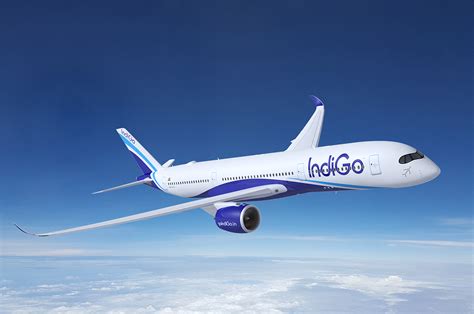Etihad Airways, based in Abu Dhabi, has completed an investment in India’s Jet Airways for a 24% equity stake. That stake, resulting in an investment of US $379 million, creates another “equity alliance” for Etihad, modeled after their equity investments in Air Berlin and Aer Lingus. This transaction has been enabled by a relaxation of India’s formerly quite strict rules on foreign direct investment in airlines, and may lead to further foreign investments in this sector.
This alliance will create significant benefits for both carriers, as it opens Etihad to 23 cities in India, and provides Jet Airways passengers connection possibilities to the US, Europe, Middle East and Africa that were previously unavailable. Etihad flies to 88 destinations, Jet to 77, and eliminating duplicates, they combine into a 140 unique destination network.
James Hogan, Etihad Airways, indicates that the investment and joint ventures are “expected to bring immediate revenue growth and cost synergy opportunities, with our initial estimates of a contribution of several hundred million dollars for both airlines over the next five years.” He indicated that “the Indian market is fundamental to our business model of organic growth partnerships and equity investments.”
Naresh Goyal, CEO of Jet Airways, stated that the company was “extremely happy to be in a partnership with an airline that shares our customer-centric operational philosophy and ethos.” He indicated that the transaction will be a win-win for the airlines and their customers, and that the transaction will underpin future revenue streams that will accelerate Jet’s return to sustainable profitability and liquidity.
Some analysts are citing the benefits of cross-shareholding as the cement to hold together airlines over the longer term that are stronger than Star, oneWorld or SkyTeam alliances. We remember the Qualiflyer alliance between Singapore, Swissair and Delta, some years ago, in which each purchased a 5% shareholding in the other. Today, Delta is in a different alliance than Singapore and Swiss, the successor to Swissair. While cross shareholdings typically are stronger than an alliance, divorces can still occur, although in this case we think that unlikely.
The bottom line:
Jet Airways now has a strong partner through in Etihad which it can offer services to the US, Europe, Africa and the Middle East, and will benefit from connecting traffic from those locations to its destinations in India. Strategic alliances are not new in this industry, and have typically resulted in significant gains for each party, with the Northwest-KLM alliance perhaps the best example. This alliance should significantly benefit both parties, and indeed is a win-win solution. The question now is how will beleaguered, bureaucratic, and financially hemorrhaging Air India fare. It may be sitting out on the sidelines while India’s other airlines, including profitable LCCs, find international dance partners and improve their competitive positions.
Views: 2







What does that mean for BRU?